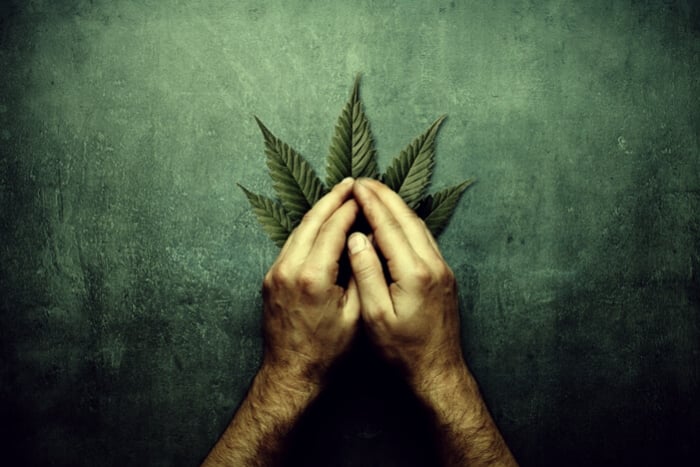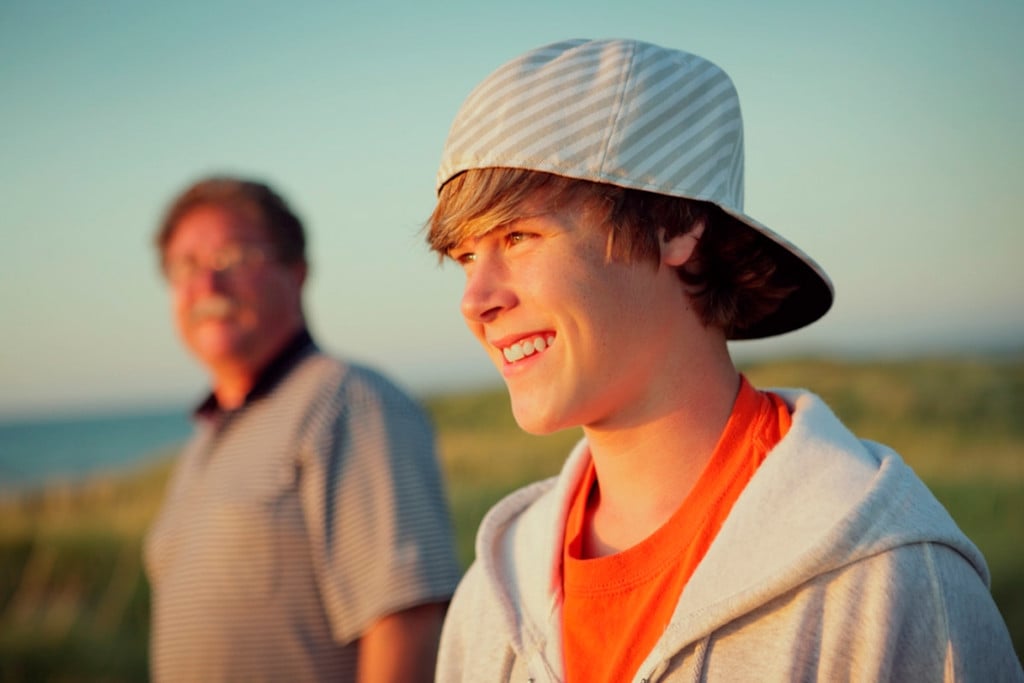.
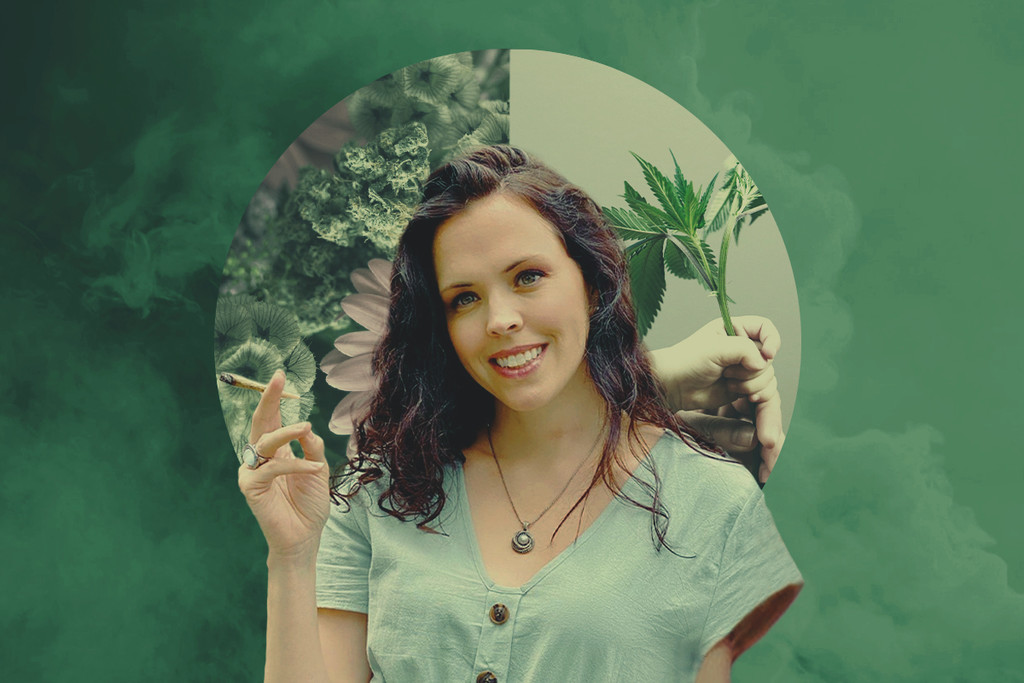
Interview with Jessie Gill: How To Educate Your Kids About Weed
Hello! It’s Jessie Gill, I’m a cannabis nurse who teaches patients and consumers about cannabis. I’m the founder of Marijuana Mommy (www.marijuanamommy.com). I’m also the director at large for the American Cannabis Nurses Association, and I’m on the speaker's bureau for the cannabis nurses network.
When should you start to talk to your kids about cannabis? What's the most valuable thing you can teach them about the herb? Is it possible to smoke cannabis and still be a good parent? Find out the answers to these questions as we interview cannabis nurse Jessie Gill.
|
(Listen to it also in Spotify and Apple Podcast) |
|---|
| Listen to it also in Spotify and Apple Podcast |
1. How can we introduce the topic of cannabis to our kids?
It’s funny, people are so nervous and scared about bringing it up with children. I think one of the important things is to remember that the generation that's growing up right now is getting a very different experience and a lot of different information about cannabis than we did growing up. So it tends to be really adults who are uncomfortable with it, and not kids. But it is a very, very important topic to talk about.
I always tell parents, just like we talk about alcohol, just like we talk about sex, it's something we have to educate our children about. Because if we don't do it, somebody else is going to do it. I often tell people that one of the best ways to start is just to, depending on the age of the child, just to ask them, “What do you know about cannabis?” And then you can gauge their information level. And you can kind of say, “Oh, that's inaccurate”, or “That's correct”, you might be surprised at what they know.
But there's definitely age-appropriate ways to educate across the developmental spectrum. So even with young kids, especially if somebody has it in the house, parents can say, “Hey, that's mommy's medicine, you don't touch”, things like that. But I think it's very, very important that parents really maintain an open line of communication and to be available for their children's questions—just like when it comes to sex, or alcohol, or gambling, or all of the other hard topics that we have to teach our children about.
2. When is the best time to do so (e.g. should we come to them and explain it one random day, or should we wait till we catch them with it the first time)?
I think everybody should talk to their kids before they ever have that opportunity to be caught with it. So if it's a child at the point where they're getting it illegally and getting it on their own, then parents have really missed the window. It's the same thing with sex. If your kid's already having sex, you've really missed a lot of opportunities to teach, to educate, and to offer harm reduction.
So it's, I think, the earlier the better and it really depends on the individual's exposure too. So if somebody is a patient, and they have cannabis in the house, you should teach about it right away. I always remind parents that in the US where I live, we still see propaganda-based education in our schools, and it starts in second or third grade.
"They're gonna learn false information in school, they're going to go to school, their health class, and they're going to tell them that marijuana is dangerous and deadly, and all these ridiculous things that have been scientifically proven to be untrue"
So for me, when I became a patient, my son was in third grade. And I really thought and wondered, should I talk to him about it? This was a new medication for me, and I didn't talk to him about any other medication. I tried. I tried many. So I wondered why I talk about cannabis?
But then I really thought about it and said, “They're gonna learn false information in school, they're going to go to school, their health class, and they're going to tell them that marijuana is dangerous and deadly, and all these ridiculous things that have been scientifically proven to be untrue". And I really worried about the fear that my son might develop by hearing that information and knowing, “Hey, I saw my mom with this”, or “I saw this at home”.
So I made it a point to really educate my son: here's my new medication, here's what you need to know about it. You need to know that there's a lot of people in the world that don't understand it. It's a new medicine, some people are really scared about it. I really had to prepare him that when you go to school, you're going to hear this false information, and I don't want you to be afraid. It's just because your teachers haven't been educated and we're going to work to help change that.
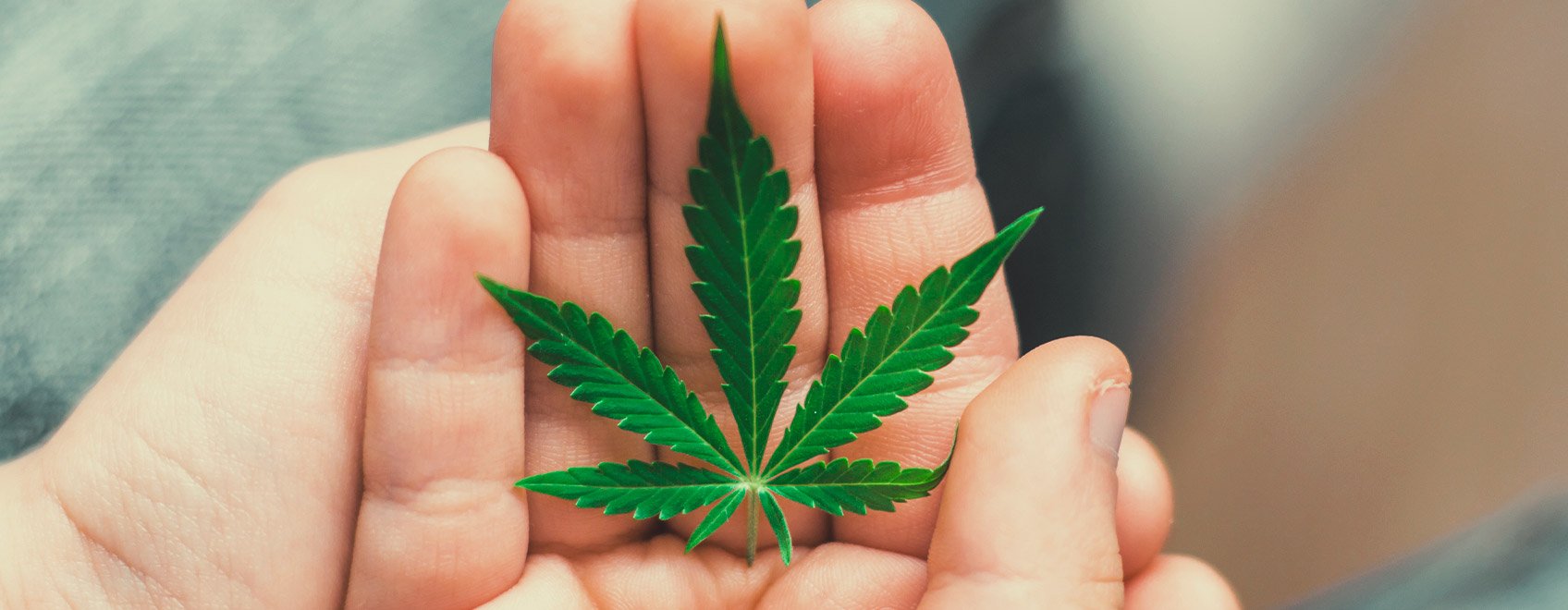
3. What is the most valuable thing about cannabis that our kids should learn from us?
I think there's a lot of things. There's the medicinal aspects of it, a lot of kids are just approaching it from a recreational standpoint. So I think it is very important to teach that there are beneficial aspects. But I think also, making points of harm reduction, especially as kids age, especially as they become exposed to it in their friend circles or in their communities, [is important].
When I grew up, you didn't see many people smoking cannabis on TV, and if you did, it was like, “Oh, my gosh, they are smoking weed!”. Nowadays, we have Elon Musk on TV smoking, we have world leaders, we have incredible sports legends that are becoming involved in the cannabis industry that are talking about their own consumption. So kids are going to see it happen. So it's important to really do that harm reduction and really educate them.
One thing that I especially point out to parents of older children is moderate consumption. Just like we teach about alcohol—you don't want to drink too much—you [also] don't want to use too much cannabis, you need to be conservative in your doses. The higher your dose, the more you consume, the more you're at risk for adverse reactions—the more you're at risk for experiencing side effects. So that is something that's very, very important to definitely go over with older kids so that they are prepared.
Another thing that I always encourage parents to consider is to teach about the differences of cultivars and strains. One person can have a very significant reaction one way to a cultivar, but that same cultivar might make another person develop anxiety. So they have to know that just because your friends are using this and seem okay, or comfortable, doesn't necessarily mean you're going to have the same exact experience. And you really need to be careful about how you approach it.
And then, of course, we have to consider that there are some circles and some places [where people are] mixing other drugs in with their cannabis. There's a whole bunch of names for mixing cocaine in a joint, or mixing heroin in a joint. It's uncommon, but it's something that kids need to be aware of.
And just like you don't take a drink at a bar from a stranger or at a party from a stranger, you need to be careful about what type of cannabis products you're consuming because it can be laced with something—it can have something in it that you're not intending to consume.
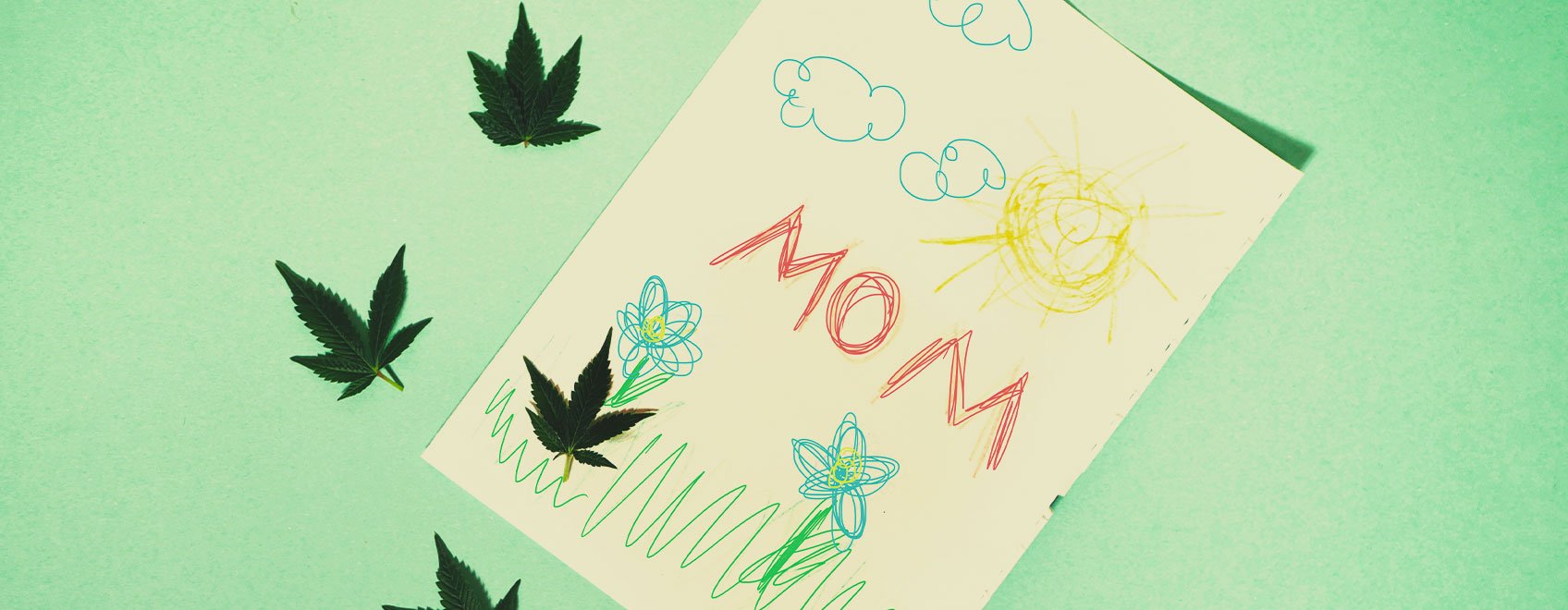
4. Can “good parents” use marijuana?
Oh, most definitely. And so many are. I'm always shocked, since I came out publicly with my consumption as a patient, at who comes up to me and says, “Oh, my gosh, yeah, I smoke weed, I smoke it all the time". And it's shocking to see but people are just scared to come forward. But I've been doing this since 2015 and it's remarkable to see how many parents are now speaking up about cannabis usage and about their usage, and are identifying “Hey, I'm a great mum, how come there can't be weed mums?”
I mean, how come “wine moms” are perfectly acceptable—culturally exalted in some cases. But I think we're slowly starting to see that change. People are becoming more accepting of the weed mums—the cannabis consumers that are parents. It's always been a little bit skewed in acceptance for dads versus moms. Dad's smoking cannabis, for some reason, has been more accepted for a long time. But we are finally starting to see that change, the more people that come forward and are forthright with their consumption, the more it really impacts all the people around them.
5. Does cannabis make a parent listless and low-energy, interfering with the focus needed to look after children?
In general, not. In general, absolutely not. It's in many ways, cannabis for the average consumer really boosts their wellness in a lot of different ways. It can improve sleep, it can decrease stress levels, and that can really enhance and benefit parenting. A lot of parents say that cannabis helps them relate to their kids more, it makes it more enjoyable to play with them. But I think it's also very, very important to talk about. This is a substance that can alter your experience. This is a substance that, although it's less likely, is potentially addictive for some people.
It's all about moderation, all about dosage control. If somebody is sitting there and smoking two joints and getting stoned out of their minds—where they're just going to sleep and not interact—well, then that's a different experience. That's cannabis overuse. And it's just like alcohol. You can have a glass of wine at dinner with your kid and still be a great effective parent who's involved in their life, you can still help your kid with their homework. [The] same thing with cannabis; you can have some moderate doses and still be an exceptional and effective parent. If you heavily over-consume, that's a whole other topic.
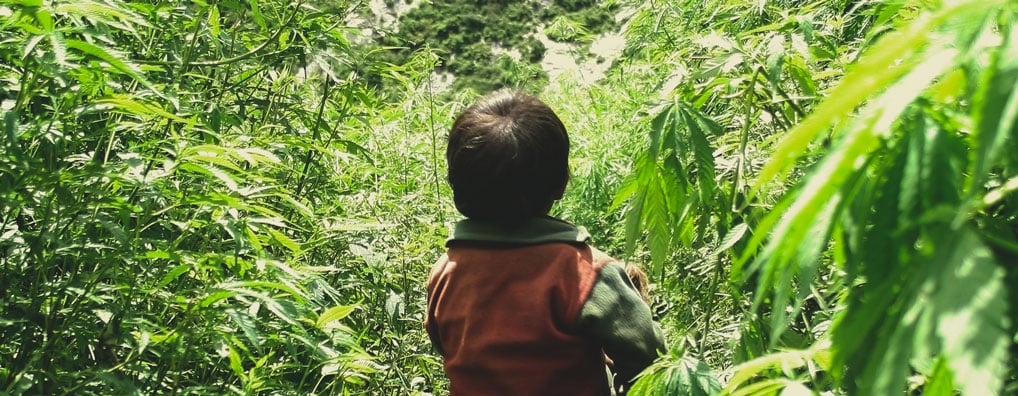
6. Is there a maximum amount of cannabis, or a specific type (medical cannabis), that better fits the “good parent” stereotype?
No, definitely not. And that's something that's misunderstood about cannabis therapeutics in general. A lot of people will say “I'm only going to use medical marijuana”. But what people don't really realize is medical marijuana is no different than recreational marijuana—it's the same plant. It's really about the intention and the way you use it.
Now, another thing people don't realize often is that, like I mentioned before, different cultivars [can have different effects]. So there can be a cultivar that makes [you] energized and engaged with life; you could use the same amount of a different cultivar [and it] makes you sleep. So it's really about individually understanding the cultivar— safe trial and error of small doses to really determine what works for them.
And it's the same with methods of consumption. So how you consume cannabis can result in a very different physiological experience. Smoking cannabis, compared to eating an edible can be two very, very different experiences. So patients really need to slowly experiment with the different methods of consumptions to see how it makes them feel.
7. Is it wrong to pick up your kid from school smelling like weed?
I don't think it's wrong, but I think it can be detrimental in a variety of ways. We are still living amidst prohibition. Now in a state that it's legal you're not going to necessarily get in trouble. Obviously, in the state that it's illegal, you could lose custody of your kids, you could be arrested. So of course, in that condition as parents, we take every step we can to protect our children and to help our children and to make them more functional adults.
Even among different communities, there's still a lot of people who are very stuck in that prohibitive mindset—that still believe cannabis is bad. So if parents go to a school smelling like cannabis, it is possible to alienate their kids. So you need to really be upfront and aware, and to be poised to educate, especially if you are publicly consuming. There are ways to avoid smelling like cannabis. And because there's so much judgment still associated with it, I do encourage patients to really take that into consideration.
"So I think it absolutely should be taught in schools, but we need to teach fact-based information."
8. Should we speak to our kids about family mental illness?
Yes, that is absolutely crucial. That is a really, really crucial part. Because it's very, very rare. But we do know, from our research, that there's a very tiny percentage of the population—a fraction of a percentage of the population—who are predisposed to mental illness disorders that feature psychosis, for example, schizophrenia.
Now, those are genetic predispositions. So if a person has a mental health history of schizophrenia they are really more at risk of experiencing psychosis when consuming THC. And that's something that a lot of parents don't talk about—the mental illness. That's another topic that families keep secret; “I'm not gonna tell you about your uncle who was treated for schizophrenia”, “We're not going to mention that”. And it's so, so important because kids need to know that, “Hey, your friends might be smoking that joint and they might be totally fine, having fun and feeling relaxed. But you have a really strong family history. You might have this genetic predisposition to psychosis, and you might smoke that joint and you might experience a very traumatic episode of psychosis that hopefully will go away. But sometimes we don't really know, we don't have a lot of research on it”.
So definitely discussing family history of mental health is absolutely imperative. Kids need to know that they might be more at risk than their friends. And again, it's super, super rare. It doesn't affect most people, and there is genetic testing that people can do to see if they have this gene. But it's definitely something that kids need to be aware of.
9. Should we hide weed from our children in our home?
I don't think [so]. Well, okay. So that really depends on the individual's legal situation. So under no circumstances do I ever recommend children be informed or made aware of illegal activity—it's a huge burden. I know, some parents are like, “Oh, my kids cool, I'm gonna trust them with this, that I'm a secret marijuana patient”. It is unfair to the child, it can be potentially dangerous—that's a huge burden for a child to endure. And one little slip, one little confusion can dramatically impact the family, [can] devastate the family. And that's a lifelong pain to live with, for a child.
So, illegal situation, I don't ever think parents should talk to their kids about their personal illegal use. Or, and they should do go to all lengths to make sure that is something they can't discover, that they can't learn about. Now, however, in legal areas, which there are so many nowadays, I do not think parents should hide it. Because as I mentioned before, your kids are learning about it, and you don't know what they're learning about it. They might be afraid of it. There's a good chance they had teachers in school who gave them false, damaging, scary information, and if they come across it, if they smell it, they may get very, very afraid and they may not understand it.
So for anybody in a legal area who is consuming, I think parents should go out of their way to educate. And personally, I lock up my cannabis—it's just a smart move, I don't want to worry about it. I don't fear my kids taking it but if their friends are over, I don't want to worry about it being out. It gives me peace of mind. And I strongly recommend that for alcohol as well and for prescription pills—most people do not lock up those things and those things can be potentially deadly. So I think there are many, many ways to approach this responsibly and teach about it. But it really depends on the individual's location and the legalities surrounding it.
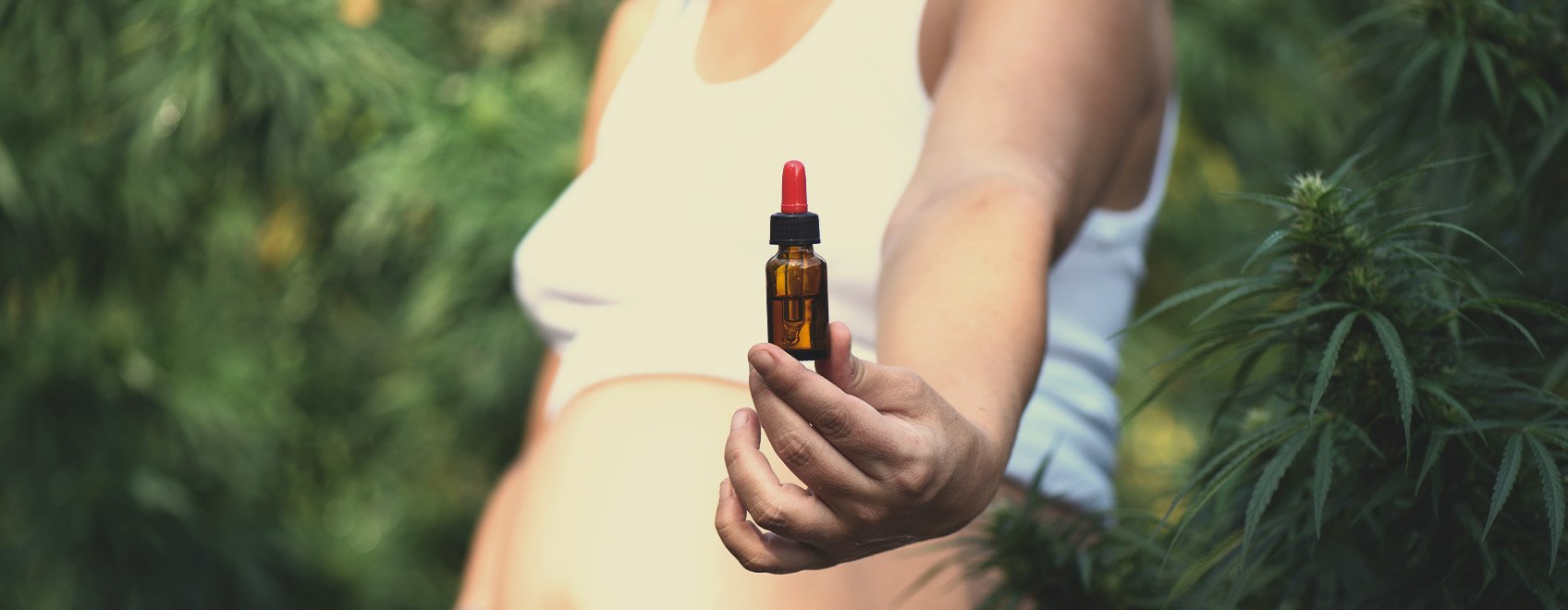
10. Do you think we should implement cannabis, and perhaps other recreational drugs, in the school curriculum so that our kids can learn about it from reliable sources?
Here in New Jersey, and I know in many other areas, we are teaching about cannabis and other drugs. And we are teaching such irresponsible, inaccurate information and it's harmful. Right now, here in New Jersey, our D.A.R.E program, which is our drug and education program, is still teaching that cannabis is the equivalent of heroin, and kids see people using it, they know it's not true. And that can be very, very harmful because they make loose assumptions.
So a kid says, “Okay, you told me weed was bad. I see Elon Musk smoking it, he's fine, he's a billionaire. So obviously, you're lying”. But the real challenge is when they make that loose association to the other drugs that we've talked about, “Okay, you told me heroin was bad, but you lied to me that weed, how bad is it?”. And unfortunately, that has happened to people where they just think it's all lies. So I think it absolutely should be taught in schools, but we need to teach fact-based information. And we're a long way from that, you know, even in our health classes, even in our science classes, our books are outdated.
And most importantly, our educators are severely miseducated on the topic. So they have been trained to give false information. And I think that is something we absolutely need to address. But I think it's something that's going to happen way down the road. And I think parents really need to take up the slack. You know, in the meantime and say, “Hey, look what you're learning here. It's not accurate. Here's the real deal.”


























